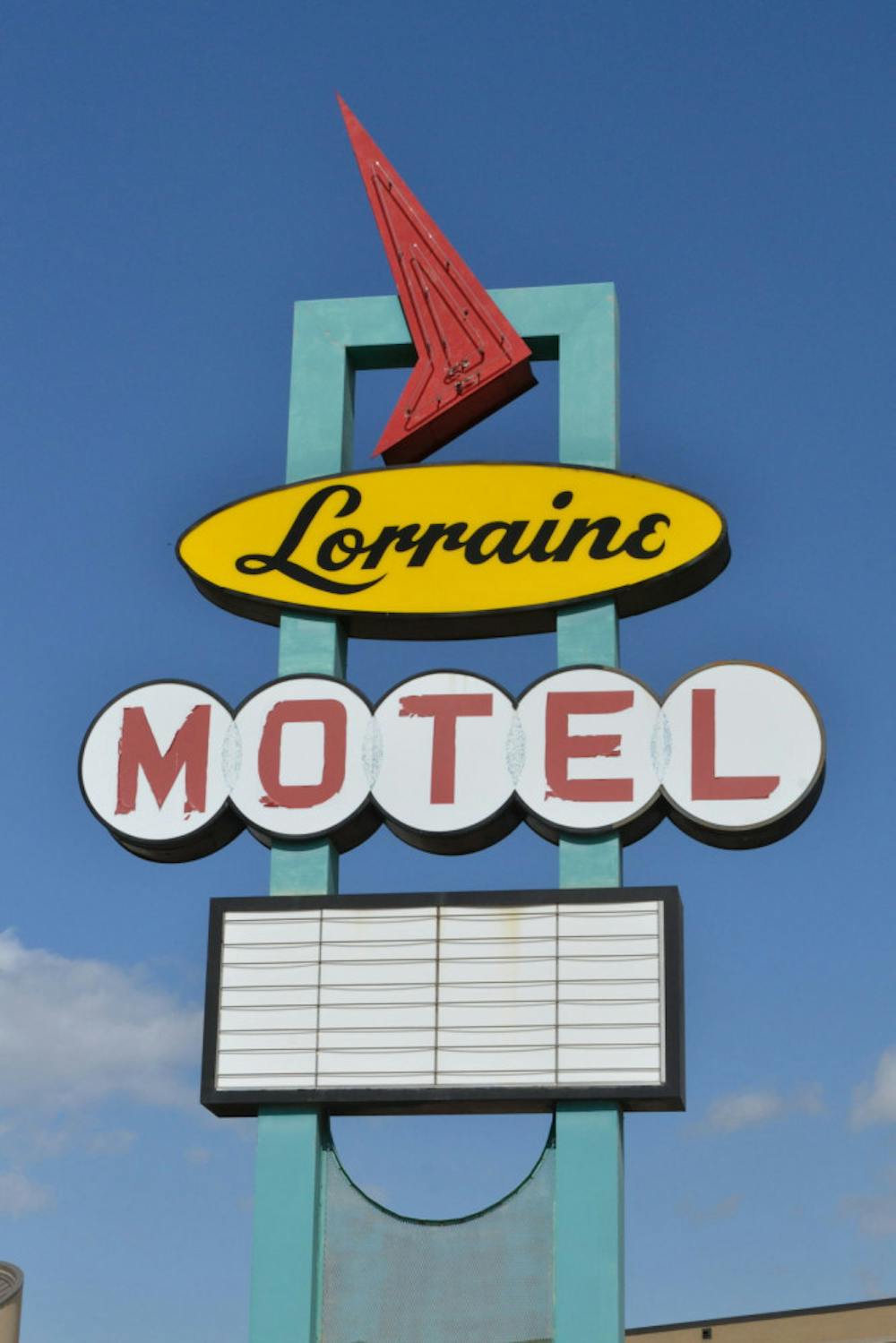Tuesday marks 49 years since the assassination of Martin Luther King Jr. at the Lorraine Motel. Some U of M experts weighed in on the impact that fateful day in 1968 had on the Civil Rights Movement and the city of Memphis.Â

Aram Goudsouzian
Assistant Professor of history
Civil rights expert
“We have a tendency to oversimplify the political situation upon King’s death by using (it) as a dividing line between the faith of the old civil rights movement and the anger of the new Black Power movement. It is not accurate."
“The ideas of Black Power percolated through the civil rights era, and King himself had increasingly become a radical critic of American politics and culture. He not only spoke out against the Vietnam War … called for a larger revolution of protest on the National Mall called the Poor People’s Campaign, which would call for a massive investment in anti-poverty programs."
“It is also inaccurate to say that every American in 1968 mourned King’s death. Most African Americans were shocked, anguished and angry. King represented their highest ideals. While many whites expressed genuine guilt and sorrow, many others muttered that King had invited his own death. They argued that his civil disobedience caused violence and hatred. For them, the riots that broke out nationwide upon King’s death weren’t a protest of racial inequality, but symptoms of moral sickness.â€

Steven John Mulroy
Associate Dean of the Cecil C. Humphreys School of Law
Expert on civil rights
“(Martin Luther King Jr.’s death) was a huge blow to the civil rights movement because it meant the movement lost its most prominent, widely respected leader. Not only that, Dr. King was trying to continue to insist on a nonviolent and non-separatist emphasis in the Civil Rights Movement, as well as an expansion in the movement to issues of poverty. Those efforts in particular suffered without him being around to give voice to them."
“It hurt the movement because the movement lost its, at the time, most effective voice. To a certain extent, it allowed the movement to fracture along the lines of separatism versus integration. It hurt the ability of the movement to unite behind poverty and economic justice issues as well as strict civil rights issues.â€

Dana Smith and son, Tyler, read about the replicated car of late Martin Luther King Jr. “This is our second time coming [to the museum] since he’s born,” Smith said. “He’s three now but I want him to learn young what Black people had to go through so he could have what he does.”
Albert Okunade
Professor of economics
Expert on blacks in Memphis
“It is generally thought to generate ongoing domestic and international conversations on the need to improve the civil rights of the racially oppressed peoples. These have produced domestic policies aimed at addressing particular civil rights."
“Americans of all shades of skin color fought and still fight for these rights. Over the years, civil rights policies have been expanded to accommodate the inequities of other population segments including gender. However, the effectiveness of the various aspects of the civil rights struggles continues to depend on the political agendas that the citizens express at the local, state and national polling booths.â€

Wanda Rushing
Expert in Memphis history
“Dr. King lost his life while he was in Memphis supporting the Sanitation Workers’ Strike. The Nobel Peace Prize Laureate and advocate of nonviolent social change marched alongside the sanitation workers who made their demands for dignity and better wages with signs saying, ‘I am a man.’"
“The city still struggles to come to terms with racial inequality as demonstrated in campaigns for public transportation, including the bus riders union, efforts to merge school districts and local governments and the Black Lives Matter movement. Metropolitan Memphis now ranks first in the nation in childhood poverty. Economic disparities are increasing in Memphis and throughout the United States, and these indicators suggest that much work needs to be done.â€

Neema and Ammaar Ansari stand in front of the motel room where Dr. Martin Luther King Jr. was shot. “It is an important part of American history and especially of Memphis history,” Ansari said.
Charles W. Crawford
Expert in Memphis and Tennessee history
“I consider that a very pivotal event because Memphis was a different city after the assassination of Martin Luther King than what it was before."
"People were committed to making the change, now they were slow, some of them were resistant to it, but they made it. It brought civil rights to Memphis, a lot of people worked on it for many years, but that one sacrifice was the most remarkable thing.â€

Anthony Moss and Raven Copeland contributed to this story.






